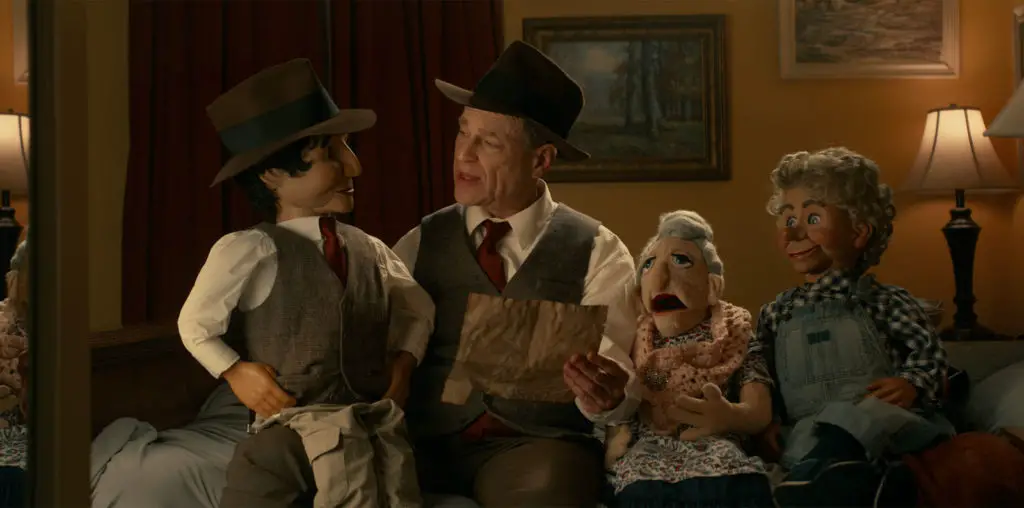
Clive Owen’s greenish-blue eyes, mocha-hued hair, 6’2” stature, and velvety voice are simultaneously inviting and distracting. Films like “Croupier”, “The Bourne Identity”, and “The Inside Man” make good use of Owen’s demeanor. The same may not necessarily apply to “Gosford Park”, “King Arthur”, or “Closer”, but a strong supporting cast usually counteracts any amount of fixating one might have on how right Owen is for a certain role. Neither hater nor admirer, I still get wrapped up in his mannerisms and emerald stare. His most recent performance is at the narrative center of Scott Hicks’s gorgeously photographed film “The Boys Are Back.”
Based on a Simon Carr novel, “The Boys Are Back” assesses its protagonist’s ability to continue with life after losing a loved one to illness. Sportswriter Joe Warr (Owen), his second wife Katy (Laura Fraser), and their young son Artie (Nicholas McAnulty) are living a Pottery Barn catalogue kind of life in Australia when Katy dies from a fast-spreading cancer. Joe responds to this loss by taking Artie on a road trip and then welcoming his older son Harry (George MacKay), from a previous marriage, to visit the land Down Under. Fun and games unavoidably rub against more serious matters regarding Joe’s responsibilities both as a father and a man, forcing him to decide what he wants for himself and his children.
Hicks’s filmography (“Shine,” “Hearts In Atlantis”, “Snow Falling On the Cedars,” “No Reservations”) is rich with stories that explore nascent, strained, or complex relationships between individuals hungry to maintain old alliances or to forge new ones. Reminiscent of Michael Pressman’s 1996 film “To Gillian On her 37th Birthday,” “The Boys Are Back” displays an especially poignant sort of authenticity in the scenes where Joe imagines having conversations with Katy, little Artie has a temper tantrum in the car, and Harry tries to tell his father how he feels.
After watching “The Boys Are Back,” the most pressing question in my mind is not whether the film has satisfactorily or heart-wrenchingly depicted the highs and lows that a family experiences when its members are compelled to support each other in unprecedented ways. The film handles these areas very well, and yet the focal point of my post-viewing thoughts had everything to do with how much I would or would not like Joe Warr to be my estranged father. His best intentions coupled with lapses in judgment produce a see-saw effect in how quickly he charms then frustrates the viewer. Joe’s new friend and under-played love interest (portrayed by the lovely Emma Booth) gets the shortest stick in the lot in the time it takes for Joe to get his post-mourning act together.
